Ten years ago, I found myself traveling between informal settlements and rural villages in the majority-world. I was working as an international documentary filmmaker capturing stories of hope amidst places of oppression. I was incredibly idealistic, hoping that my career in filmmaking could somehow cast light on the untold stories of the world.
But as I listened, I discovered that it was more than I could hold.
I documented stories of women who escaped their traffickers in Mumbai,
I met teenage girls trapped in a generational cycle of forced prostitution in Kolkata,
I heard stories of high school students who were raped in exchange for school fees in Kenya,
I met girls married off as young as 9 to elderly men in the Maasai Tribe,
I learned that 89% of sexual assault cases involve children in Zambia,
I learned that 1 in 3 women are survivors of sexual or domestic violence worldwide.
There, I was confronted with the reality of sexual violence, and I saw a common thread — girls who lacked access to education were more vulnerable to sexual violence. In Kenya and Zambia, primary education is free while secondary education is not. For families living on less than $1 per day, paying tuition fees for multiple children is nearly impossible. After finishing primary school, many girls are expected to marry early, get a job as a house girl, or live a subservient, domestic life without the opportunity for a career. Though access to education is supposed to be a child’s right, education is often reserved for the elite.
As I listened to the stories of these girls, they told me that their dream was to go to university — not just so that they could pursue their own careers, but so that their entire community could have options outside of poverty. They dreamed that girls would no longer suffer from the same abuse that they had. They dreamed of equal access to safe and quality education. They dreamed of liberation that went beyond their own experience.
They dreamed of change within the justice systems that had failed them. They dreamed of a violence-free world, where the bodies of girls would be protected, valued, and uplifted. I was both enamored and challenged by their dreams, wondering what my role could be. Their stories called me into advocacy with them, and I started an organization called Freely in Hope — we equip survivors and advocates to lead in ending the cycle of sexual violence by funding education and leadership opportunities so that they can share their rewritten stories with the world.
Through my work, survivors in the Freely in Hope community have taught me how to be a better advocate. Here are 3 powerful ways for you to begin advocating with survivors of sexual and domestic violence:
“Telling our story is the first step toward healing.”
Too often, survivors have been told to remain silent to protect the perpetrator. Their stories aren’t believed, validated, or taken seriously. In addition to the incident of violence, survivors experience much shame and trauma because of our culture that questions what really happened. This is an unfortunate reality for survivors who deserve justice. As survivors gain the courage to tell their stories, they regain their innate power.
Rather than being silenced by the perpetrator, they reclaim their voice by telling their story according to their experience. As an advocate listening to their stories, resist the urge to ask questions or to tell them to “pray about it.” Revelation 12:11 says, ”And they have conquered him by the blood of the Lamb and by the word of their testimony.” Telling their story in a safe space is a critical process for their healing.
“We are not victims. We are survivors.”
Rape culture is real — the words we say may be unintentional, but careless comments, lack of support, and judgmental attitudes cause great harm. Many survivors are harmed emotionally and psychologically because of the myths, stigmas, and stereotypes that are dominant in a patriarchal culture. Our language plays a huge role in either perpetuating harm or shifting perspectives on sexual violence. How we respond as advocates can be critical in shaping the healing process for a survivor. When we treat survivors of sexual violence as victims, we fail to see them as leaders and overcomers with authority and autonomy over their own story. Instead of patronizing, we must uplift. Instead of pitying, we must empower. Instead of silencing, we must listen to their voices.
“You are not a voice for the voiceless.”
As advocates who desire justice, we sometimes try too hard to be a voice for the voiceless and forget that they already have a voice. We’re just not listening. Instead of speaking on behalf of survivors, our advocacy efforts must work in tandem with (not for) survivors.
By listening to their needs, their ideas, and their vision, we are invited to co-create solutions that can end sexual violence in our world. To achieve a shared vision, we must work together — survivors and advocates, men and women, community leaders and its members. We believe our united advocacy can transform the world.
If you or someone you know is a survivor of sexual violence, listen without judgment, offer a loving presence without the pressure to do or say anything, and encourage the survivor to get legal or mental health support. Know of the local professional resources that this person can access, offer to pay for therapy when they’re ready, and be patient in their journey toward healing. As an advocate, it’s also important to access your own care and support systems to prevent burnout. We can only bring healing to the world as we ourselves have experienced healing.
~
- Has reading this stirred up anything in your heart?
- What are some ways you can advocate with survivors?
Share your answers with us, and comment below to be entered to win an advance copy of Liberation is Here by Nikole Lim. The winner will be announced in our newsletter next week. Don’t get our newsletter? Sign up here!
To learn more about Nikole Lim’s journey of advocating with survivors of sexual violence, join the launch party for her new book, Liberation is Here, on September 26. Liberation is Here is available for pre-order now.
Enjoyed it? Share it!
Nikole Lim
By using film and photography, Nikole shifts paradigms on how stories are told by platforming voices of the oppressed — sharing stories of immense beauty arising out of seemingly broken situations. Nikole is the Co-Founder and International Director of Freely in Hope, a nonprofit organization that equips survivors and advocates to lead in ending the cycle of sexual violence. Freely in Hope operates in Kenya and Zambia providing psychological counseling, health care, and high school and university scholarships for young women who desire to impact global communities through their rewritten stories. Her heart beats for young women whose voices are silenced by oppression and desires to see every person realize the transformative power of their own story.
But wait, there's more...



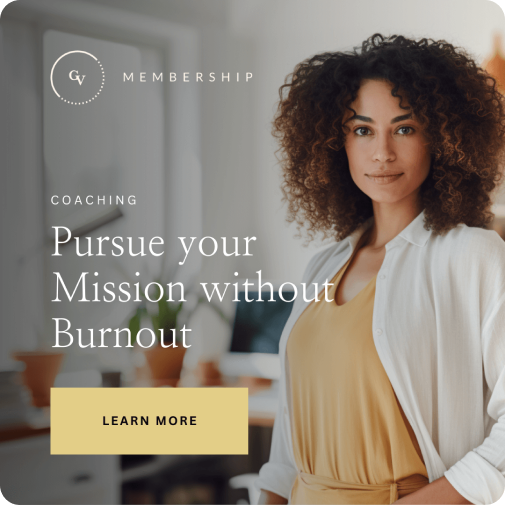




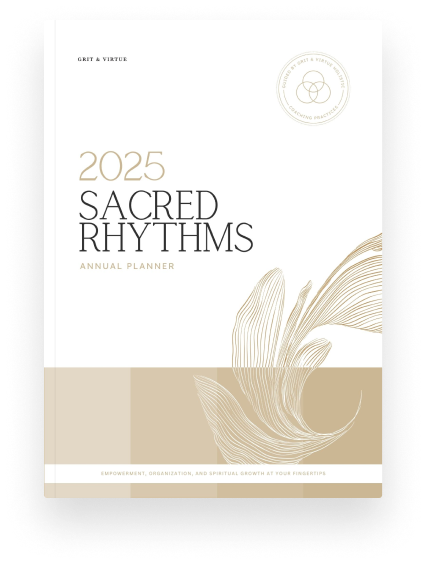


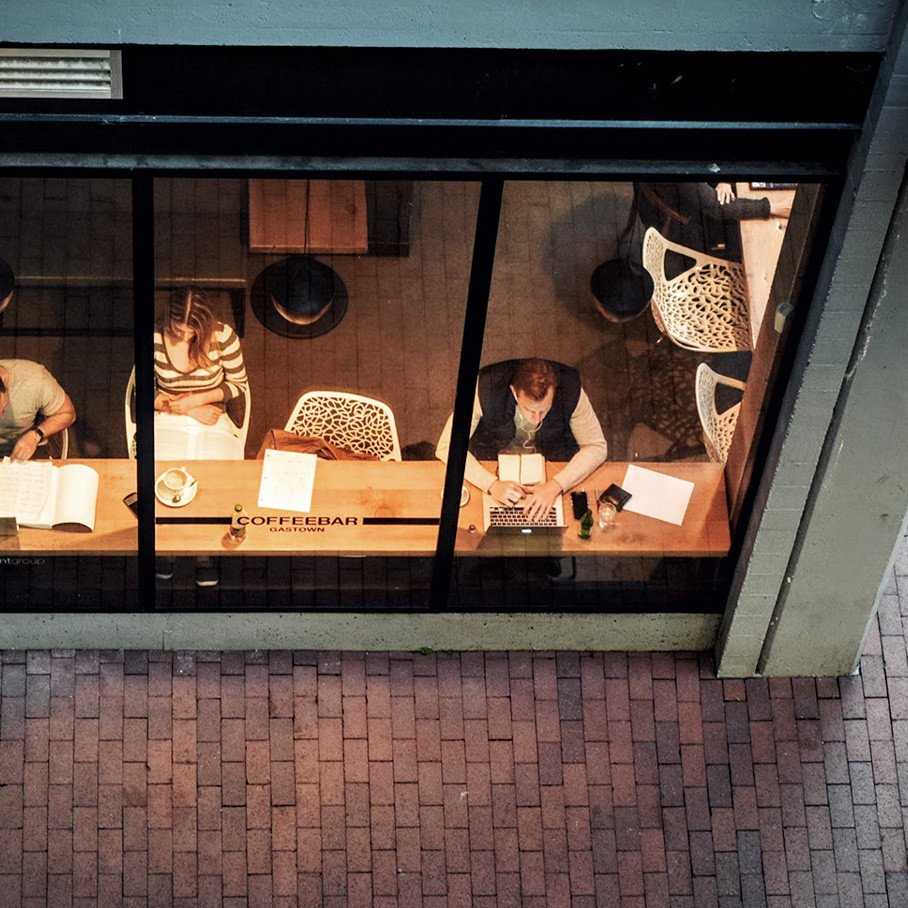

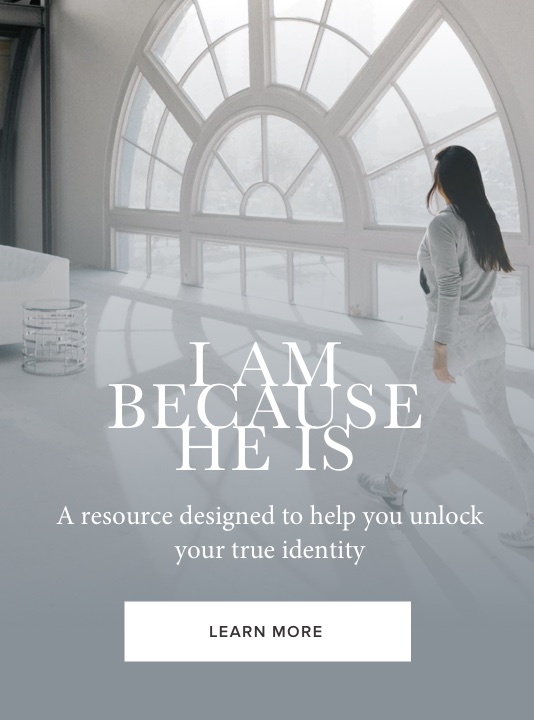
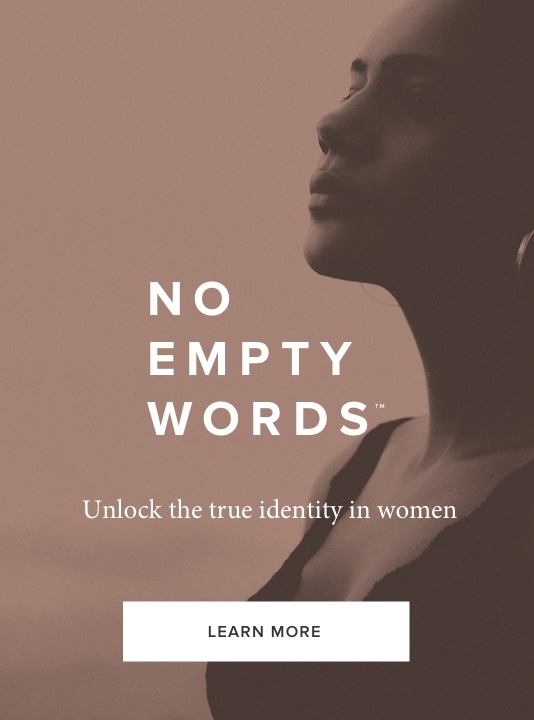

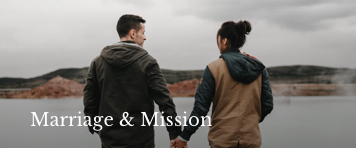
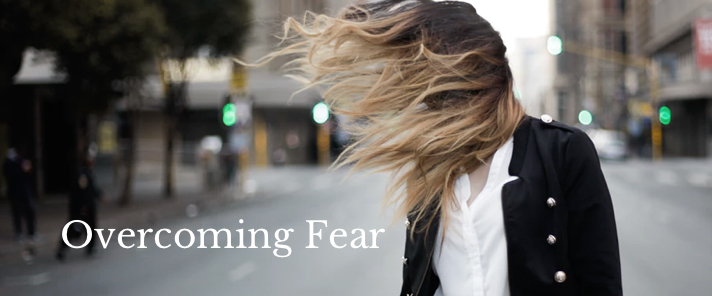
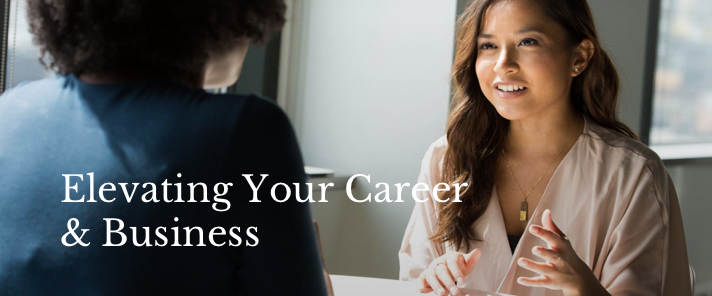
This is a fantastic article, Nikole. Thank you for your years of service to listen, learn and leverage to amplify survivors’ voices. As a survivor myself, your words are honoring. And as someone who now teaches creative writing to survivors in order for them to share their own voices and stories, I am encouraged by this hope you have trailblazed.
Hi Lauren, I appreciate your comment—I learn from my community daily as I learn and relearn ways of advocacy and program design. I love that you’re teaching creative writing to survivors—what a gift! We have story-based programs in our community as well! Check it out: freelyinhope.org
May your work continue to provide reciprocal healing in your life.
Incredible. Would love to read this.
Thanks for reading, Heather! My book releases this month! You can join the release party on September 26: launch.freelyinhope.org I hope you find inspiration through it.
“We can only bring healing to the world as we ourselves have experience healing”. Thank you for this eye-opening article. So much depth, wisdom and raw truth here about the tragedies we are facing in this world. Its inspiring me to want to offer and do more. My prayers go with you as you continue to shape lives and call forth our women into freedom.
Hi Rachelle—thanks for your comment. Let’s continue to heal together! Would love to connect further on IG! @nikole_lim
Thank you so much for taking this article. It was practical and yet informative. This topic has been heavy on my heart lately — I work in the child welfare system and have recently encountered so many stories of sexual abuse in my cases. This really gave me fuel to keep doing the work of advocating
Hi Ivanna, I applaud you. I can’t imagine the intensity of your work—I worked with foster children in my early days which also taught me a lot about the world. Feel free to connect in our common work. Our staff in Kenya and Zambia are always learning from best practices in our shared work. Instagram: nikole_lim
Love this! I would love to learn more about how to be an advocate as I am a survivor that has kept this private for 48 years.
Hi Gayle, thanks for sharing that. You inspire me! I truly hope you feel that you’re able to unify and connect with your shared stories—we’re stronger together! You can learn of more ways to get involved with our organization here: https://www.freelyinhope.org/join-us/ I hope you’re inspired by our survivor stories—thank you for sharing yours.
Great article! We definitely need to speak out that this is not okay and won’t be tolerated! ❤️
Hi Maddy—thanks for commenting and for speaking out! Let’s not tolerate abuse, oppression, or silencing of women any longer. May you lead in your spaces—encouraging women to speak up.
Wow. What an amazing point – we don’t need to be a “voice for the voiceless”…they have a voice, we aren’t listening. I want to look for ways to listen and support based on what I’m hearing. I’ve worked on and off for a decade with volunteer efforts to battle human trafficking but this point really re-opened my eyes.
Hi Rhonda—awesome to hear of your work fighting human trafficking. I believe that we need to shift our perspective of how we view survivors and recognizing the power IN their voice is essential to leveraging their inherent dignity. Would love to connect further on IG! @nikole_lim
Reading this always inspires me to want to do more! I want to help more individuals find healing and equip them with the tools needed to live life free from this hurt. I’m a therapist and trained in EMDR which is one method of processing trauma. I am only one person but I try to train other therapist to see and look for signs for abuse and create safe spaces. Thank you for writing this and helping individuals use their voices!
Hi Jessie—EMDR is core in our work as well. I’ve been through it as well during my burnout phase (more on that in the next blog!) and have found it so healing. Thanks for doing what you can to ensure others are also trauma-informed in their work! The statistic of 1 in 3 women is too high to neglect—knowing this can help us shift our perspective in HOW we provide care for our clients whether in therapy or in supporting friendships. Thanks for all you do! Would love to connect further on IG! @nikole_lim
Awesome article! I really hope I can get your book someday! I love the perspective here. I’m also a survivor, & I’m trying to relearn how to see my own story so I don’t feel like a victim. The deep south is a place where women are covered in old old living expectations, & I haven’t figured out how to tell people to stop the poor pity & shame now get over it kind of mind set. It sometimes scars me to live here if it will change. I hope & pray that this move will change our culture. Bless you
Hi Rebekah—thanks for sharing that aspect of your story. Living in a culture that is oppressive and silencing IS very difficult. At Freely in Hope, we’ve had to intentionally create a new culture where survivors can find their safe space with us. I hope you can find your own safe space where you are to find you’re not alone. My book is available anywhere books are sold! Our affiliate is Bookshop.org: buy.liberationishere.com I hope the stories bring you courage. Would love to connect further on IG! @nikole_lim
I just read the book Rescuing Hope. A friend had given me. It opened my eyes and broke my heart in a way I never expected. Praying w you for all those who hv and those who are enduring.
Hi Bobbie—may our open eyes lead toward advocacy in our work. Thank you for responding and for praying with us. Would love to connect further on IG! @nikole_lim
Thank you for being a helper in this space. I recently switched career paths and am now a former HR leader turned mental health practitioner. As I begin working with young adolescents, one of my hopes is to encourage the growth of confidence and security within my clients-to arm them with internal guards against predatory behaviors and paths. Our children are at risk everywhere and need as many arms wrapped around them as we can give. We can’t be scared to talk about these topics and call the offenders out if we want to eradicate the crimes and begin healing.
Hi Eileen—absolutely! Topics on sex and consent, healthy relationships, patriarchy, toxic masculinity, and sexual violence prevention is imperative. Inasmuch as we teach our children how to protect themselves, we also need to raise young men as advocates for women. In Kenya, we have a program called Eneza which teaches high school students on mutual respect and consent. This next generation is our hope for justice moving forward! Blessings on all you do. Would love to connect further on IG! @nikole_lim
Thank you for being a helper in this space. I recently switched career paths and am now a former HR leader turned mental health practitioner. As I begin working with young adolescents, one of my hopes is to encourage the growth of confidence and security within my clients-to arm them with internal guards against predatory behaviors and paths. Our children are at risk everywhere and need as many arms wrapped around them as we can give. We can’t be scared to talk about these topics and call the offenders out if we want to eradicate the crimes and begin healing.
This was a very moving article. There are so many people who are afraid or ashamed of what has happened to then that they don’t even want to tell anyone. It is important for everyone around them to encourage and support then. This book and article even, is helpful in doing that. Very well written!
Hi Cassie—absolutely. Let’s continue to stand with survivors who are ready to speak out, convict perpetrators no matter how close they are to us, and to unlearn the shaming and blaming practice dominant in our culture. I hope my book provides inspiration and courage! Would love to connect further on IG! @nikole_lim
Powerful article. I have been reading a lot on this subject of the sex slave trade. Thank you for you work and desire to help. Thanks for showing how we can help.
Hi Vickie—thanks for reading this article and for learning of ways to fight against sexual violence. I hope that it equips your existing knowledge so that you can bring your learnings to the spaces you lead. Would love to connect further on IG! @nikole_lim
This is truly a fantastic and eye-opening article. I’m honestly a bit disappointed in myself for not knowing some of the things mentioned here, at times my jaw dropped from what I was reading. There is power in knowledge, I cannot thank you enough for taking the time to inform me (and others) of this heartbreaking situation.
Hi Mia—thanks for taking the time to learn. I am learning daily as survivors in my community keep me accountable to my work! Like you said, knowledge is power, so let’s continue to advocate in the spaces we lead. Would love to connect further on IG! @nikole_lim
I like that you use “survivor” rather than “victim.” There is so much at play when abuse happens, and I know personally that my reaction is to freeze, and then feeling like a weakling and stupid for not being about to get out of the situation. But I have also come to learn and believe that healing happens as we share our own personal stories.
Thanks for the article, Nikole. Looking forward to reading your book one day soon!
Hi Monette—our culture has preconditioned us to blame ourselves for crimes we didn’t commit. Reframing our story toward the truth is empowering. Truth sets us free! Thanks for reading and I hope you are inspired by the stories in my book. You can get it here: buy.liberationishere.com. Would love to connect further on IG! @nikole_lim
Nikole, thank you for the insightful article – it is tempting to -with the best intentions – step too far into someone else’s life/struggle and end up enhancing insecurity instead of bolstering their confidence! Very practical points – both for awareness as well as when walking alongside these injustices!
Barbie
Hi Barbie—thanks for your comment. Absolutely, I hope to continue to be held accountable so that my intensions empower instead of exploit. Would love to connect further on IG! @nikole_lim
This was such an inspiring and eye-opening article. I’m happy to now have the knowledge of how to assist/advocate for survivors of sexual violence.
I’ve never been raped but I’ve been sexually assaulted twice (once by a family member) and I’ve recently grown in finding my voice and overcoming the fear of sharing my stories. Walking the process of healing in all aspects is extremely difficult but so necessary and it’s leading me to find who I truly am in this life.
Hi Merrisa—thanks for sharing this. Assault is assault that should have never happened regardless. As you continue to walk in this journey toward healing, fearlessly and authentically, may you realize that you are not alone. Would love to connect further on IG! @nikole_lim
Thank you for taking the time to share and educate on this topic. It’s a tough one to acknowledge, but so important to know.
Hi Karah—thanks for taking the time to learn more. Would love to connect further on IG! @nikole_lim
Wow, such wisdom and opportunity to work toward a different future… One where there is room for all stories and there is enough freedom available for everyone! Thank you for sharing your experience, what you’ve learned and how we can be a part of it!
Hi Dana—thanks for your comment! There is indeed room for us all. Would love to connect further on IG! @nikole_lim
I believe that sharing your story can be very helpful to yourself and others, but it can be very hard. Especially when you know that the people you want to share it with are the ones that will not understand, accept and will even talk about you behind your back.
I know that telling someone helps, but you still wish you could tell the ones you want to love you and accept you
Hi Jeanne—it is absolutely difficult and it’s also our choice to decide who can hold the sacredness of the story and who will not. Telling it in a safe space is essential for healing. At the same time, sometimes we never know who our story can impact. When I started my work and changed my career not knowing what would unfold, I felt that if I could help just one person, it would all be worth it. Would love to connect further on IG! @nikole_lim
Wow! This was so beautiful!! Thank you for this article. I was intrigued and attentive during the whole article. My heart hurt for those facts you put into the beginning of the article. But I was joyous to see how a tough experience created an avenue for you to advocate with the oppressed and create content for the world to read! I was really challenged with the part that said advocate with them and not for them. I believe having a mindset that says that they I am the voice for the voiceless, can make the advocate focus on translating what they think the overcomers of sexual assault are saying rather than speaking from their words or heart. I think it can being room for thoughts of comparison that you are greater than that person or group of people. I know I had those thoughts about the people I advocated for and that’s just because of the word choice I used instead of advocating for them, I should advocate with them!! Wow! It makes me think how important words are not just in conversation, but in defining how you will love something out. This article humbled my heart and soul. The Holy Spirit revealed how prideful I am when advocating for people and how this experience should be used for relationship building and humbling myself. I used to stir up words to make it sound better or get off track to what I think a person is saying, but not advocate with them and seek to preach the words of the brokenhearted. I let it turn into something I was passionate about to something for clout. Oo~ it hurt to write that, but it is true. I just want to say you are dope for what you do! I want to help sex trafficked victims as well. I get furious everytime I talk about it. I want to start a dance home for sex trafficked victims (and refugees) to learn to love their body, mind, soul and learn about their spirit. This article has definitely helped me to see how I should start this journey of creating this. What homework I have to do within myself and in research. So much love to you and congrats on your book!!
Hi Heather—a dance home sounds AMAZING! That sounds like something we’d do too! We love using dance and movement therapy at our retreats as well. Thanks for sharing this and for recognizing the areas in which you need to have a change of heart and modified language. I’ve made plenty of mistakes (and still d0 and my community constantly holds me accountable to my intention to be a better advocate WITH. Continue to learn and grow with humility, allowing the work of listening inform your idea to support survivors. Would love to connect further on IG! @nikole_lim
Thank you for writing this book. I cannot wait to read it. I worked in cycling in Rwanda from 2009-2017. In 2017, after I returned home, I found out one of the Rwandan club coaches was abusing the girls in his club. I complained to the Federation who backed the abuser, throwing the victim under the bus as an “opportunist” and “active participant to get ahead”. She was an uneducated 18-year-old village girl. It took 2 1/2 years of fighting and eventually the coach was jailed and the entire Federation forced to resign in disgrace. Not enough justice for that girl, but losing face in Rwanda is significant. These men cannot work in cycling anymore. Looking forward to reading your book.
https://taarifa.rw/cycling-coach-re-arrested-over-2016-sexual-abuse-case/
Hi Kimberly, WOW thanks for sharing this story. It’s not often that we see the stories of justice in comparison to the issues of corruption. Consistency is key in the fight for justice and you embody that! Would love to connect further on IG! @nikole_lim
I love that photography and storytelling have opened up the way for women who are oppressed to have a voice and their stories heard. A difference will be made!
Hi Necia—thanks for your comment! Telling my story through images has been crucial to convey what I can’t say in words. Would love to connect further on IG! @nikole_lim
This is an encouraging read. I am a multiple time sexual violence survivor. I spent years in this growing up. I wish I would’ve had someone offering to be there, or to pay for therapy. Thanks for letting people know.
Hi Jasmine, thank you for sharing this part of your story—I’m so sorry to hear and I hope that we can all do better to advocate for the countless children who had an experience like yours. Access to professional resources is a huge barrier that I hope that we (especially the church) can address (beyond pastoral care).
Yes! This article is so powerful !!
“When we treat survivors of sexual violence as victims, we fail to see them as leaders and overcomers with authority and autonomy over their own story. Instead of patronizing, we must uplift. Instead of pitying, we must empower. Instead of silencing, we must listen to their voices. ”
This paragraph really stirred my heart! I have worked with survivors of trafficking for 4 years now and the most beautiful moments have been when I have been sat in a brothel, over a cup of tea, listening to the stories and dreams of these women. It sets my soul alight. It is so important that we focus on empowerment and getting them to take the next step. If we take all their options from them and do everything for them then we are merely taking away their freedom to choose and this in itself is another form of bondage,
Thankyou so much for sharing this beautiful article
xx
Hi Ashleigh—thanks for reading the article, it means a lot that we are working in this similar space. You’re absolutely right in that simply listening to the dreams needs to propel us to support and invest in those dreams—and to look at the systems and structures around them that might be oppressing those dreams. Would love to connect further on IG! @nikole_lim
So powerful and needed today. I just can’t imagine how the pandemic may have impacted this area of focus. Praying for this ministry, the caregivers and the survivors. Would love the opportunity to read this book.
Hi Silvia, thanks for praying for us—it means the world! You can buy an autographed copy of my book with access to the book launch party here: launch.freelyinhope.org. Or, you can buy it on its own here: buy.liberationishere.com I’d love to connect on IG @nikole_lim
I have been checking out many of your posts and i can state clever stuff. I will make sure to bookmark your blog.
Unquestionably believe that which you said. Your favorite reason seemed to be on the internet the easiest thing to be aware of. I say to you, I definitely get irked while people think about worries that they plainly don’t know about. You managed to hit the nail upon the top and defined out the whole thing without having side effect , people can take a signal. Will likely be back to get more. Thanks